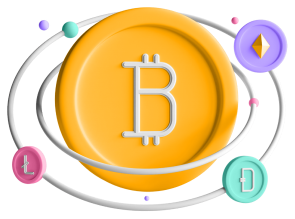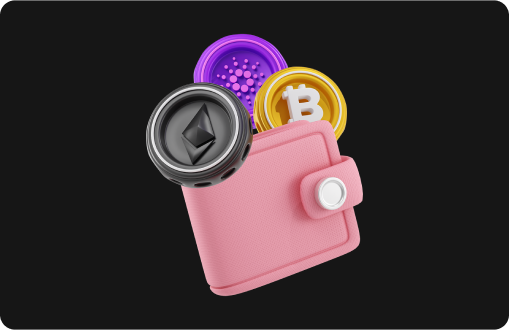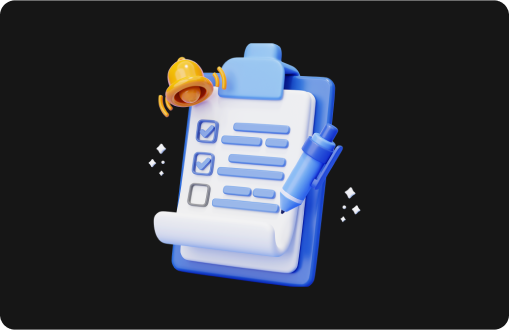Chapter 04 : What are Crypto Tokens?
Understanding
Crypto Tokens

What are Crypto Tokens? :
Crypto tokens are digital assets that are issued and transferred on a blockchain platform. Unlike cryptocurrencies such as Bitcoin or Ethereum, which operate on their own independent blockchains, tokens are created on existing blockchain networks, leveraging their infrastructure and protocols. Tokens can represent a wide range of assets, rights, or utilities, and their value is determined by market demand and the underlying network’s dynamics.
Types of Crypto Tokens:
-
Utility Tokens: Utility tokens are perhaps the most common type of crypto token. They are designed to provide access to a specific product or service within a blockchain ecosystem. For example, utility tokens may grant holders access to a decentralized application (DApp), voting rights within a governance system, or discounted fees on a platform.1
-
Security Tokens: Security tokens represent ownership of a real-world asset, such as equity in a company, debt, or physical assets like real estate. Unlike utility tokens, security tokens are subject to regulatory frameworks governing traditional securities, which may include investor protections and compliance requirements.2
-
Asset-backed Tokens: Asset-backed tokens are backed by tangible assets, such as gold, real estate, or commodities. These tokens enable fractional ownership and transferability of physical assets on blockchain networks, providing liquidity and accessibility to previously illiquid markets.3
-
Non-Fungible Tokens (NFTs): NFTs are unique digital assets that represent ownership of a specific item or piece of content. Unlike cryptocurrencies or other tokens, each NFT is distinct and cannot be replicated. NFTs have gained popularity in digital art, collectibles, gaming, and virtual real estate markets.4
Use Cases and Applications: Crypto tokens have diverse applications across various industries and sectors. Some common use cases include:
- Decentralized Finance (DeFi): Tokens are used for lending, borrowing, trading, and yield farming within DeFi protocols.
- Gaming and Virtual Assets: Tokens enable ownership and trading of in-game assets, virtual land, and digital collectibles.
- Supply Chain Management: Tokens are utilized to track and verify the authenticity and provenance of goods throughout the supply chain.
- Identity Verification: Tokens can be used to verify and authenticate digital identities, enhancing security and privacy in online interactions.

Chapter 03 :
What is Cryptocurrency ?
Cryptocurrency has become a buzzword in recent years, revolutionizing the way we think about money and finance.

Chapter 05 :
What is Proof Of Work?
Proof of Work is a consensus algorithm used in blockchain networks to confirm and validate transactions…

